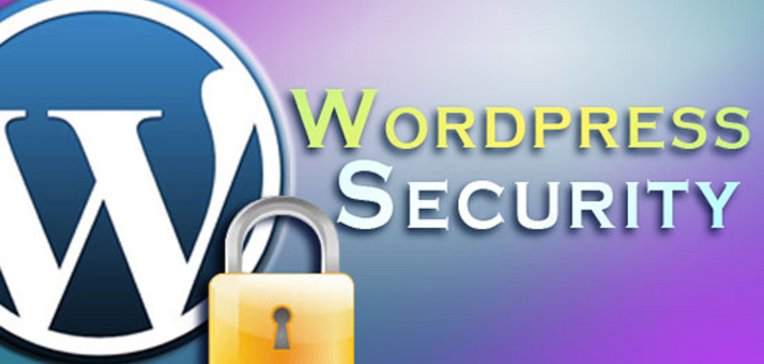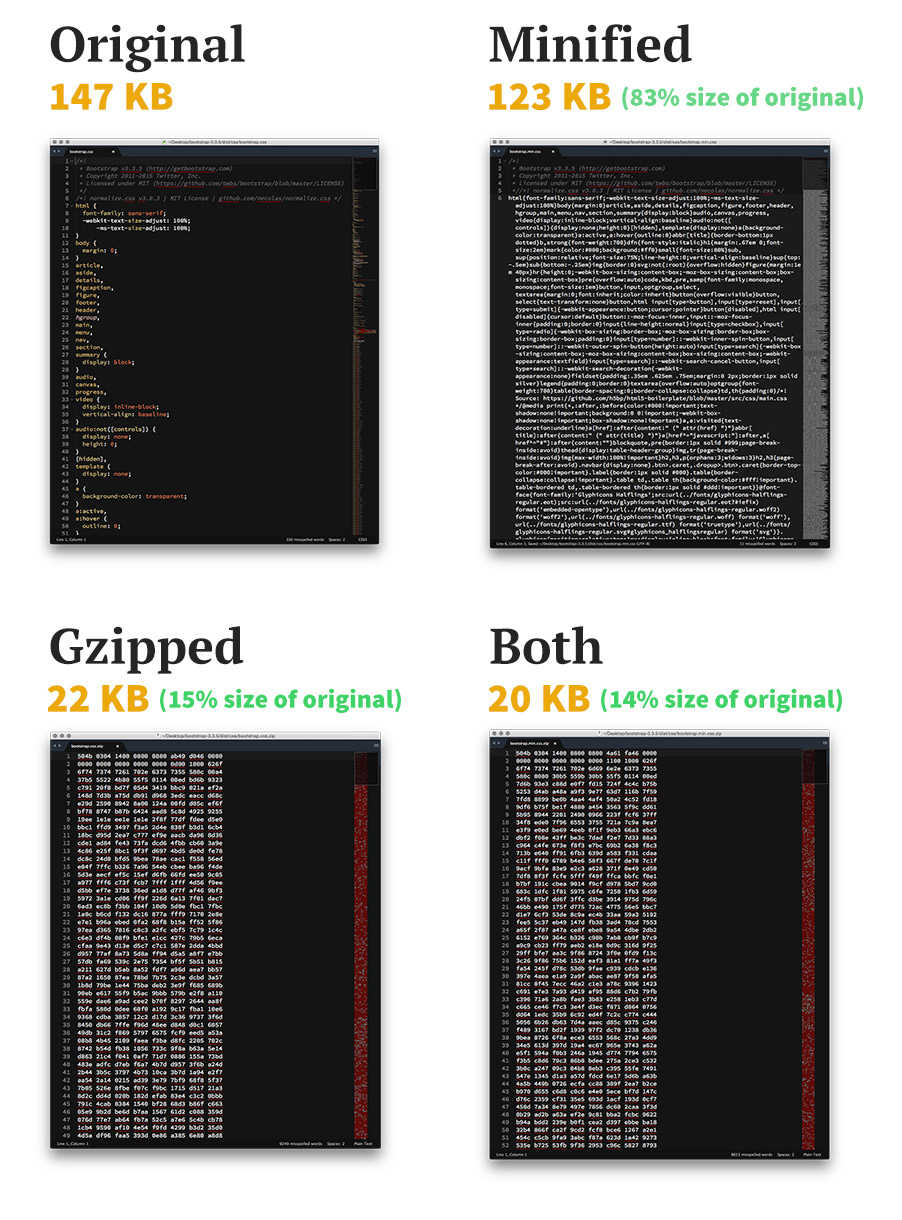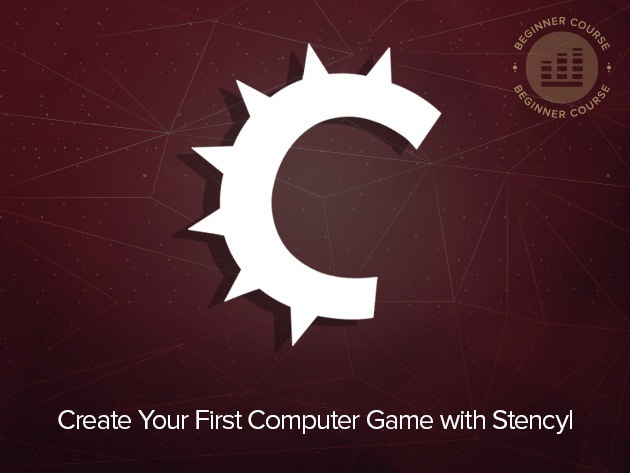The Gujarat Government appears to have flipped the Internet kill switch in Vadodara, according to reports from The Times of India and The Hindustan Times. Following two days of riots in the city, “The home department issued the order banning mobile internet and bulk SMS and MMS,” for three days, although broadband access has not been revoked, the city’s police commissioner has been quoted as saying. The riots began after an individual allegedly posted a morphed photo of a muslim religious shrine.
This is a tricky one. Information and misinformation can spread virally, and people can react and riot. Using facebook and messaging services like whatapp, people can be mobilised. We’ve seen political parties do that effectively during the last year, for campaigns last year. The same can be done for rioting. The fault isn’t of the medium, but those posting and sharing messages inciting violence.
The question that worries me is: should my freedom be curtailed by the states inability to curb violence and maintain peace?
Why isn’t the police using the Internet to identify the individuals who might be inciting violence instead of shutting of the medium? It is unclear whether shutting off access to the Internet and SMS is going to stop people from rioting. Can’t the police counter misinformation by using the same medium to share information?
By shutting off the Internet, the Gujarat Government is cutting off an entire medium of reportage: in many instances, such as the current protests in Hong Kong and Ferguson, images and videos uploaded on the Internet share a true picture of what is actually happening on ground, and acts as a counter to sanitised or misinformed media reports.
A scroll.in story points out that “Telecom operators have service contracts with the central and not state governments, so any suspension order can come only via the Department of Telecommunications.”
Will there be any information disclosed by the government as to who took this decision to block all Internet access, on what grounds, and under which law? Why was the entire access blocked, instead of specific URL’s? In case this block has been implemented without adequate basis, will anyone be held responsible? It is unlikely: accountability, in these instances, is low, and information is not available, on security grounds.
A case in point is the North East exodus issue in 2012: the central government ended up blocking accounts from journalists and news publications, and as Saikat Datta pointed out at the Law Commission consultation on media law yesterday, it was found that online information wasn’t even responsible for the panic.























No Comments